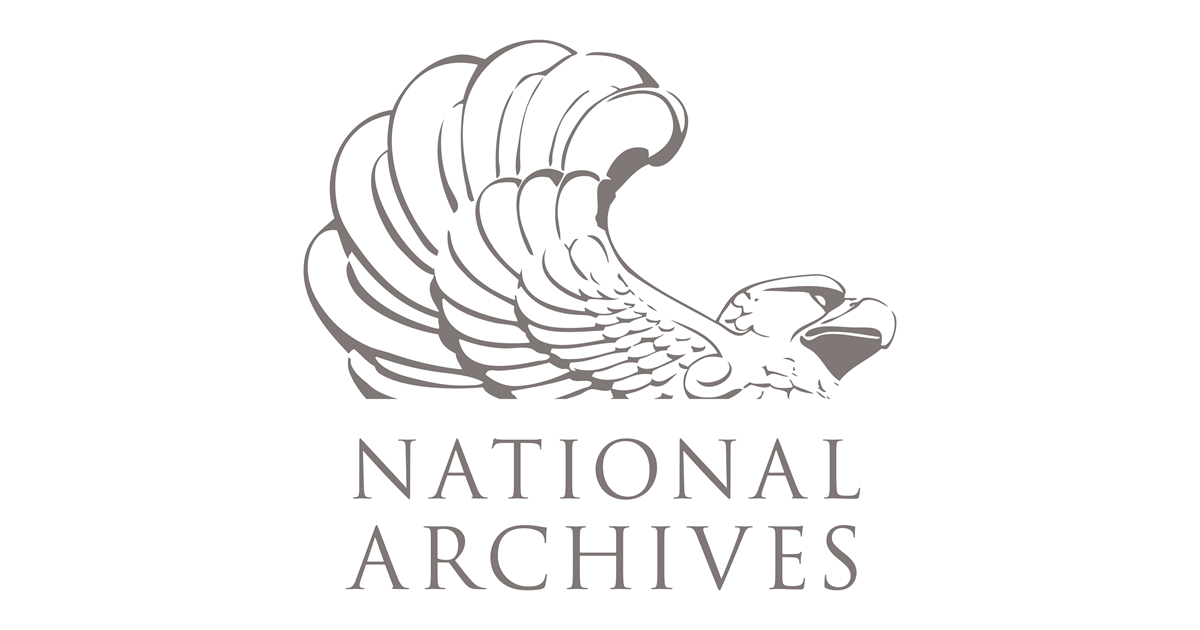- Nov 21, 2008
- 53,387
- 11,928
- Country
- United States
- Gender
- Male
- Faith
- SDA
- Marital Status
- Married
The First Amendment prohibits the Federal government from establishing a national religion.
The Tenth Amendment -- "The powers not delegated to the United States by the Constitution, nor prohibited by it to the states, are reserved to the states respectively, or to the people" -- patently permits the individual states to establish a state religion, as many states did initially.
Through somewhat tortured logic, the Fourteenth Amendment has by some been interpreted to prevent state established religions.
Section 1.
All persons born or naturalized in the United States, and subject to the jurisdiction thereof, are citizens of the United States and of the state wherein they reside. No state shall make or enforce any law which shall abridge the privileges or immunities of citizens of the United States; nor shall any state deprive any person of life, liberty, or property, without due process of law; nor deny to any person within its jurisdiction the equal protection of the laws.So then the right to worship God according to the dictates of the person's conscience -- appears to be "a liberty" that each person enjoys under the constitution.
Indeed. And states may enforce speed limits, and has the right to revoke driver's licenses etc.However, the recent Dobbs v. Jackson Women’s Health Organization returned to the individual states the power to regulate abortions.
agreed.The founders envisioned IMO a very small footprint for the Federal government's involvement in the daily life of the country's citizenry.
United States of America rather than just "America".Unfortunately, today that is not the case. A continued effort to return to the states the power to govern will allow Christian values to inform legislators (short of establishing a state religion), eg., Louisiana's Ten Commandment Bill.
A republic of federated states.
Seems to be the original intent.
=================
from: The History of the Separation of Church and State in the US
"Many of the Founding Fathers personally chafed at the way the Anglican church — not their church — was entangled in the governmental affairs of Britain and wanted to be sure to be able to worship in their own way. And on a very practical level, they saw how diverse their new country already was, and by guaranteeing everyone the right to worship in his or her own way they could avoid the religious conflict that had raged across Europe. Those views became central to the country’s self image."
It is one thing to argue for restricting state or federal government from forcing everyone to be Anglican, or forcing everyone to pay taxes to the Anglican church. It is another thing to say that Church institutions cannot be tax exempt or that Christianity cannot be promoted in government Holidays , "God bless America", "on nation under God", "In God we trust" - "endowed by our Creator with certain unalienable rights.."
Last edited:
Upvote
0


